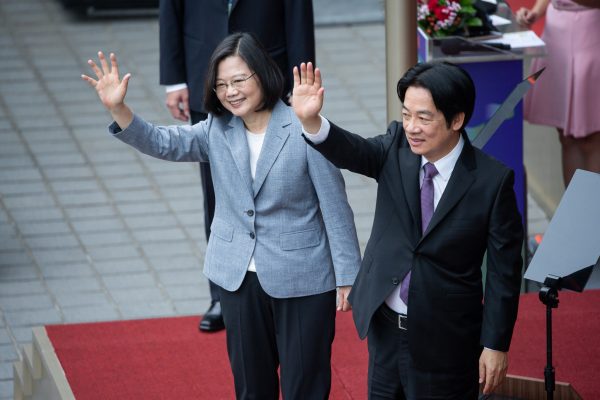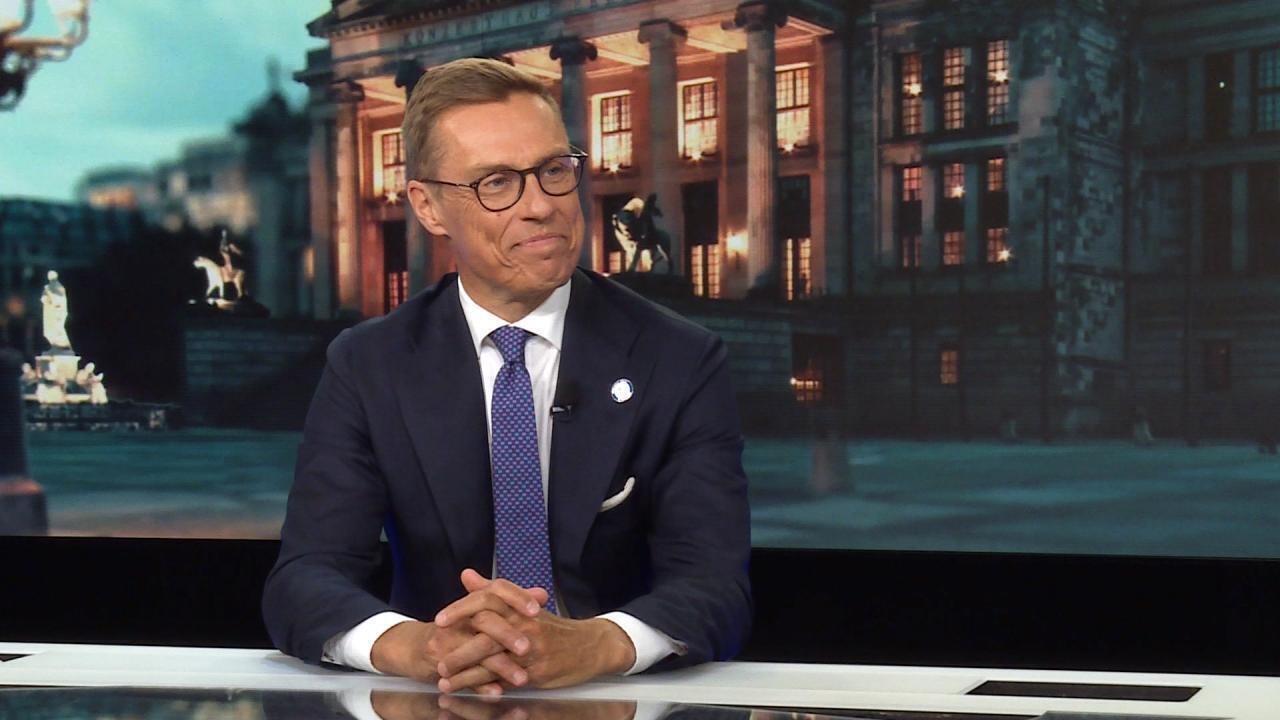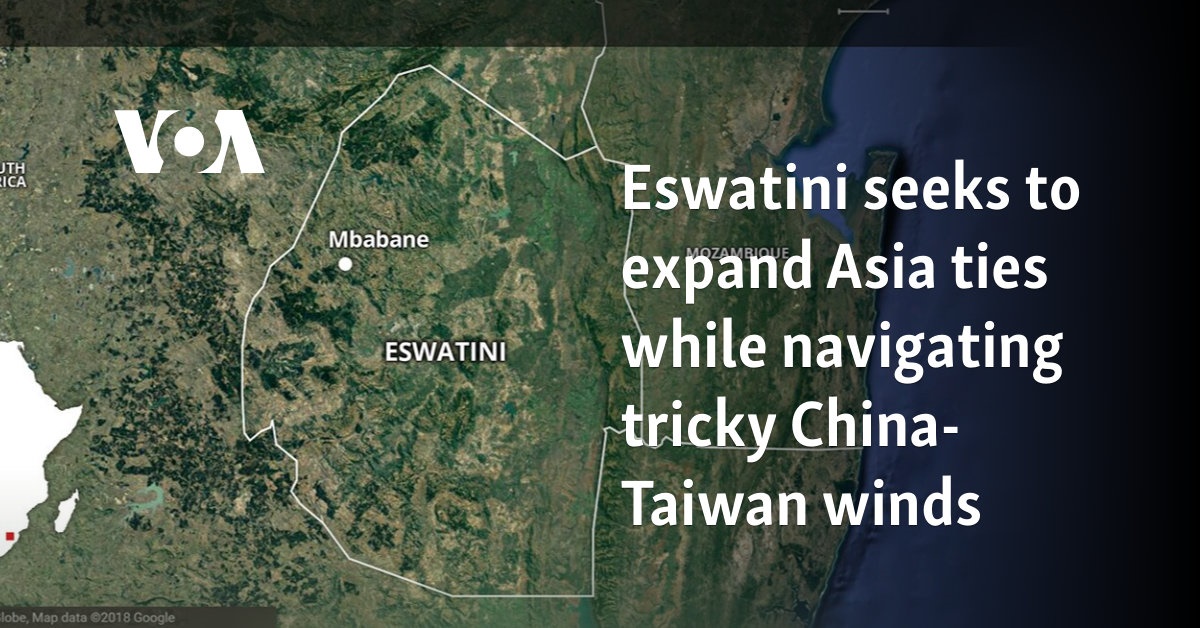Table of Contents
Taiwan's Fifth Popularly Elected President to Be Sworn in on May 20
Lai Ching-te, Taiwan’s fifth popularly elected president, is set to be sworn in on May 20 and will deliver his inaugural address in front of the Presidential Office Building in Taipei. The Democratic Progressive Party (DPP) will be welcoming its third term in government but, unlike its two previous terms, will begin without a legislative majority. The Lai administration should expect a bumpy road ahead, even if the party continues to enjoy popular support. Lai's inaugural speech holds particular significance, as it will be his first opportunity to publicly present his policy platform and plans for the future. The speech will also be closely watched for any indications of how Lai might continue or adjust the foreign policy approach from his predecessor, Tsai Ing-wen. Tsai's foreign policy over the past eight years and the changing international environment will be essential in understanding the possible trajectory of the new government’s foreign policy and its implications for the future of Taiwan-U.S. relations. Lai has vowed to continue Tsai's approach, which will likely lean toward defending the status quo and avoiding actions that might inadvertently exacerbate tensions across the Taiwan Strait.








